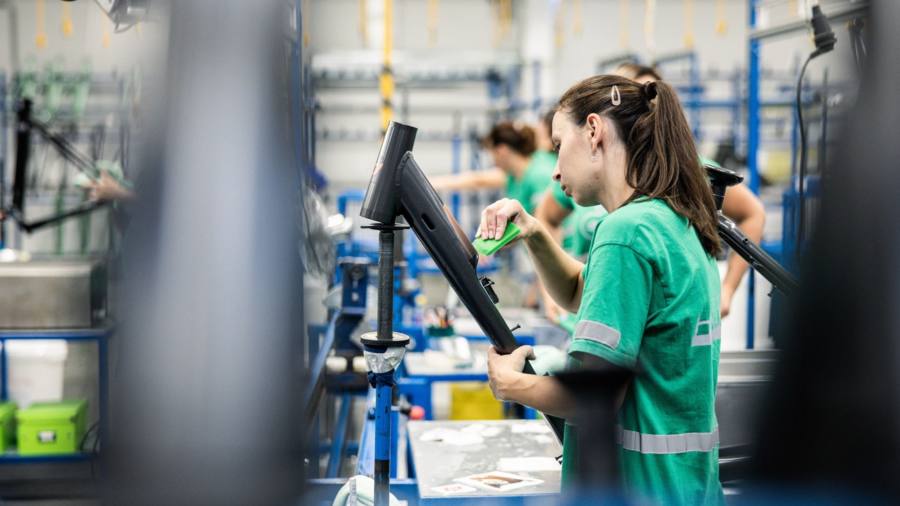
The writer is president and chief executive of the US Chamber of Commerce
One of the great lessons of the 20th century has been driven home yet again this year: America ignores trouble in Europe at its own peril.
As the war in Ukraine reaches an inflection point, the US business community is assessing how the energy and food price shocks and other economic consequences of the war will reverberate in the country’s economy — and worldwide — in the months and years to come.
We are particularly concerned about the impact on our friends and allies across the Atlantic, where the US chamber partners with a network of more than 40 American chambers of commerce in Europe. We anticipate that Europe’s energy crisis will persist for years. This winter may not be as bad for Europeans as initially anticipated — Europe’s gas storage sites are now at more than 90 per cent of capacity with dramatically expanded exports of liquefied natural gas from the US and additional supply from Norway. But a lot can go wrong — from a colder than expected winter to malfunctioning pipelines. Natural gas prices are already up 10-fold and European energy costs have risen to 12 per cent of gross domestic product, nearly triple its historical average. This is driving up the cost of electricity, manufacturing and nearly all other economic activities across Europe.
Added to that, thousands of European companies are nearing the end of their fixed energy contracts and will be forced to renew at much higher prices. European households may have enough gas to stay warm this winter, but we are already seeing industries scaling back or completely shutting down. Many other production facilities will probably close or move abroad over the coming months, and next winter may be even tougher after existing energy reserves have been depleted.
As a result, many American companies are concerned about shortages, especially those with manufacturing facilities in Europe or that rely on European inputs. The US imported $775bn in goods and services from Europe in 2020.
There is no way around it: a recession affecting Europe, America’s largest trade and investment partner, will also reduce output and slow growth in the US. Some American companies, including consumer goods manufacturers, steel and chemical manufacturers, auto companies and more have already been forced to scale back production due to conditions across the Atlantic.
The declining values of the euro and British pound versus the dollar will also have a range of unpredictable impacts, positive and negative, for US companies.
So, what can we do to help the transatlantic business community? The immediate answer is that the US has an opportunity — and a responsibility — to increase its energy leadership to help our allies, and our own nation, weather this storm. That is why the chamber and others are urging the American government to pass permit reform to support timely development of new energy infrastructure, from pipelines and critical mineral mining to renewable generation. Bolstering our domestic production and transport will be critical to helping our European partners.
The stakes are high. The economic fallout from the war in Ukraine will ripple throughout the global economy for years to come. A long and deep recession will chip away at Europe’s competitiveness. The continent’s share of the global economy has been declining over the past 15 years and this could accelerate that decline.
Moreover, a weakened Europe is not in the interest of the US. We are partners for a reason, having built prosperous societies based on democracy, free enterprise and a rules-based international order. Those very principles are being challenged by Russia’s invasion of Ukraine. For the sake of America’s own interests — and the world — we need to make sure Europe remains strong and prosperous.